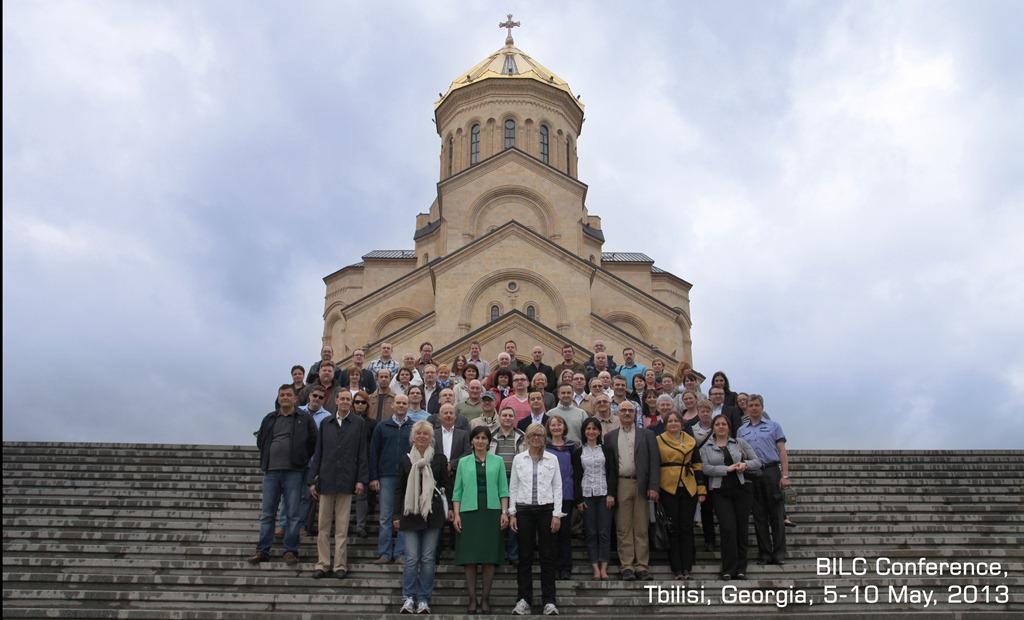
Presentations
Monday, 6 May 2013
- Opening Briefing – Chairman
- Lessons Learned on Multinational Deployments – Skhulukhia (Georgia)
- Blending General and Specific Curricular Needs – Paichadze (Georgia)
- New NATO Education and Training Framework – Khilkevych (ACT)
- English as Lingua Franca – Gudnason (Denmark)
- Interaction Within Multinational Settings – Sturges (Germany)
- Questionnaire on Deployment Lessons Learned – Elliott (UK)
- Study Group Guidance – BILC Secretary
Tuesday, 7 May 2013
- Using Plain Language in the Office – Murto-Linden (Finland)
- What is NATO Speak – The Spanish Perspective – Cordon Scharfhausen (Spain)
- Developing Students’ Competence Towards L3 STANAG Exams – Filipczuk (Poland)
- Communication: A Two-Way Process – Meakin (UK)
- NATOSpeak, Communication, Culture and Cultural Literacy – Chaloupsky (Czech Republic)
- Resources for the Individual and Collaborative Learner – Fischer (USA)
Wednesday, 8 May 2013
- Perceptions and Techniques of Intercultural Communication Competence – Kiss (Hungary)
- Building Military Corpora for Curricula – Walther (Austria)
- Professionalisation and the STANAG 6001 – Kristensen (Denmark)
- Mixing Methods to Faciliate Language Learning at Higher Levels – Nolan and Farr (Sweden)
- CAT for Reading and Listening – Nesheva (Bulgaria)
- Intercultural Training-The Case of Teaching Persian Culture to British Students – Crowther (UK)
Thursday, 9 May 2013
- Mobile Apps for NATO-Oriented Language Learning – Garza and Keremidchieva (USA and Bulgaria)
- Performance Testing – Parreira (Portugal)
- The ADF English Language Profiling System – Curtis (Australia)
Study Group Presentations
- Study Group 1
- Study Group 2
- Study Group 3
- The SHAPE of Things to Come – Adubato (SHAPE)
- Closing Remarks – Chairman